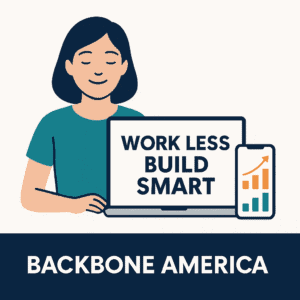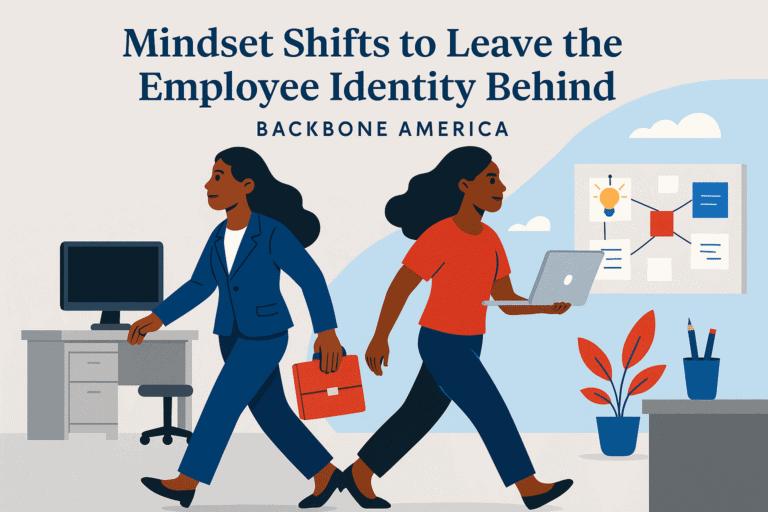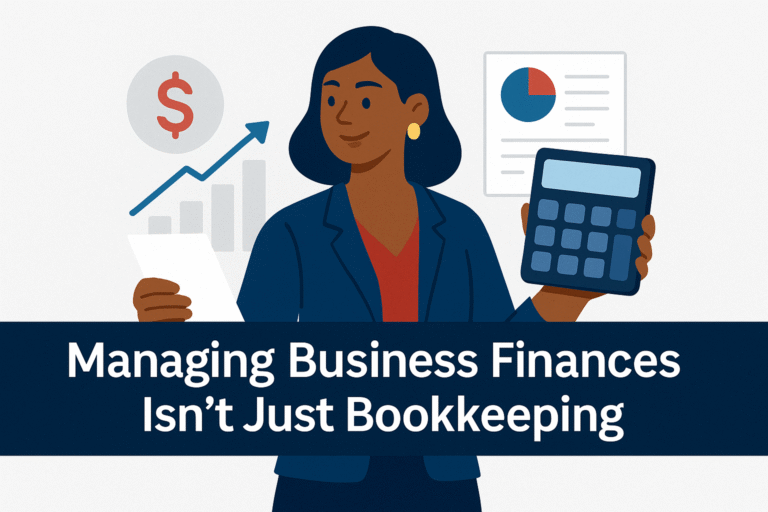Workflow Wednesdays
Scale with structure. It sounds simple, but for many of us, it’s a hard-won lesson. When I first launched Backbone America back in 2016, I believed that if I just gave it everything—time, money, energy—it would take off. Instead, I ended up burned out and financially drained. And I know I’m not the only one who’s experienced that. Hustle alone can only take you so far.
What I eventually discovered—and what I want to offer you here—is a different way forward. When I revived Backbone America, I set a bold boundary: no more than 10 hours a week on the business. That decision forced me to build with intention. Automations, delegations, and smart systems became my non-negotiables. The result wasn’t just less stress—it was a model that actually allowed growth.
If you’ve ever felt like the harder you push, the less progress you make, this is for you. Scaling doesn’t require burning out. It requires structure.
Why Hustle Alone Can’t Sustain Growth

But here’s the truth: hustle by itself isn’t a strategy, it’s a stopgap. I had already tried the “give it everything” approach when I first launched in 2016. And yes, it kept me busy. But it didn’t build a sustainable business. It drained me. Going back to that path would have been like signing up for another full-time job on top of the one I already had.
Now, I don’t want to dismiss the hustle model entirely. For some people, it works. Maybe even for many. But if your heart isn’t in it—or if your life simply doesn’t have the bandwidth for endless work—it’s a recipe for burnout. The effort becomes heavy, and the vision gets lost.
The bigger question is: Do you actually want to build a business that feels like another job? Or do you want to build one that supports your life, your energy, and your future? For me, the answer was clear. And that clarity is what pushed me to step off the hustle treadmill and look for structure instead.
What It Really Means to Scale with Structure
Scaling with structure isn’t about stripping away ambition—it’s about giving ambition the right container so it can actually grow. When you build structure into your business, you’re not slowing yourself down. You’re creating stability that allows growth to compound instead of collapse.
For me, that structure looked like automations that handled repetitive tasks, workflows that made decisions easier, and clear boundaries that kept my energy from being scattered. It meant designing Backbone America to work with my life, not against it. And I can tell you, the difference was night and day.

Think about it this way: hustle burns fuel, but structure builds the engine. Without an engine, all that fuel just goes up in smoke. With one, you can go further, faster, and without constant strain.
This is what “scale with structure” really means—building systems that carry the load so your business can grow without requiring you to work longer and harder every step of the way.
(And if you’re ready to dig deeper into this idea, I created Work Less, Build Smart to help you get started with practical steps and tools.)
Core Pillars of Structured Scaling
So how do you actually scale with structure? It comes down to three pillars that support everything else: systems, tools, and strategy.
Systems
Systems are your repeatable workflows. They take tasks you do over and over—whether it’s onboarding clients, sending emails, or handling payments—and turn them into a reliable process. When you have a system, you don’t have to reinvent the wheel. You just follow the steps you already set up.
Tools
Tools make those systems easier and lighter. For me, that’s where automation came in. Tools like CRM platforms, scheduling apps, or even simple forms can take the pressure off your memory and free up hours each week. They don’t just save time—they save energy.
Strategy
Strategy is what ties it all together. Instead of chasing every opportunity or trying to do everything at once, strategy helps you focus. It answers: What’s worth automating? What’s worth outsourcing? What’s worth doing yourself? With a clear strategy, you scale intentionally, not accidentally.
When these three pillars work together, you stop relying on hustle to hold your business together. You’re building a foundation designed for growth, one that can stretch without snapping.
How Structure Protects Your Energy and Expands Capacity

Structure also frees you from carrying everything in your head. Instead of juggling endless to-dos, you lean on systems to remember, automate, and repeat the work for you. Even something as simple as writing out a short checklist for a task you repeat every week can shift the load. It doesn’t have to be fancy—it just has to be repeatable.
When I stopped manually handling admin tasks and let automations carry them instead, I gained back hours each week. That time wasn’t about cramming in more busywork—it gave me space to create offers, refine strategies, and focus on the future I wanted Backbone America to support. You can start small too. Set up one workflow this week—an email filter, an automated reminder, or a scheduling tool—that frees up even 15 minutes. That little bit of time compounds quickly.
That’s the beauty of structured scaling: it expands your capacity without demanding more of you. By looking at your work and asking, “Does this really need me?” you’ll see opportunities to automate or delegate. Over time, those choices create a business that grows without draining your energy.
Final Thoughts
Scaling with structure isn’t just about avoiding burnout—it’s about creating space for the kind of business you actually want to run. For me, that meant setting a boundary of no more than 10 hours a week. That might not be your number, but you deserve to decide what your ideal business looks like. Maybe it’s evenings free for your family, or the flexibility to travel without checking email every hour, or simply knowing your workday ends when you say it does.
The point is: structure makes those choices possible. Hustle alone will only build you another job. Structure builds you a business that supports the life you want to live.
If you’re ready to move in that direction, I’d love for you to join my mailing list. I share transformative insights and tools to help you scale with structure, not stress—so you can design a business that fits your life, not the other way around. Sign up here.






